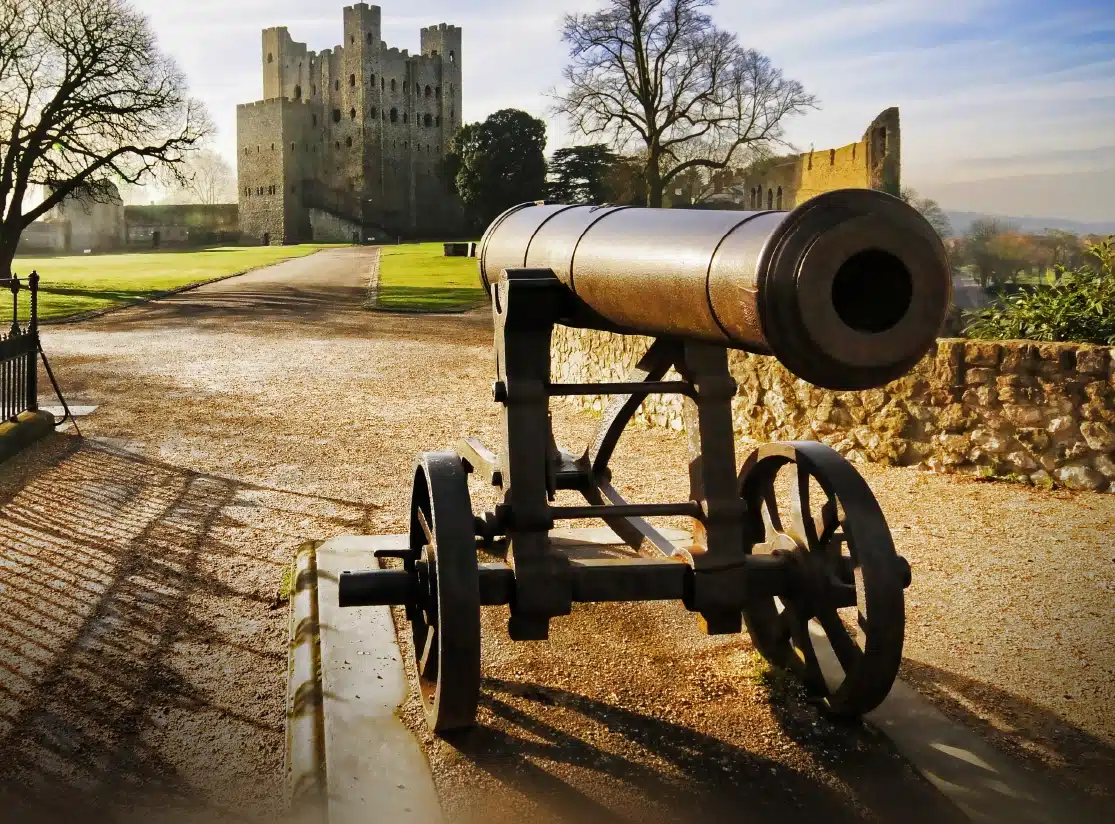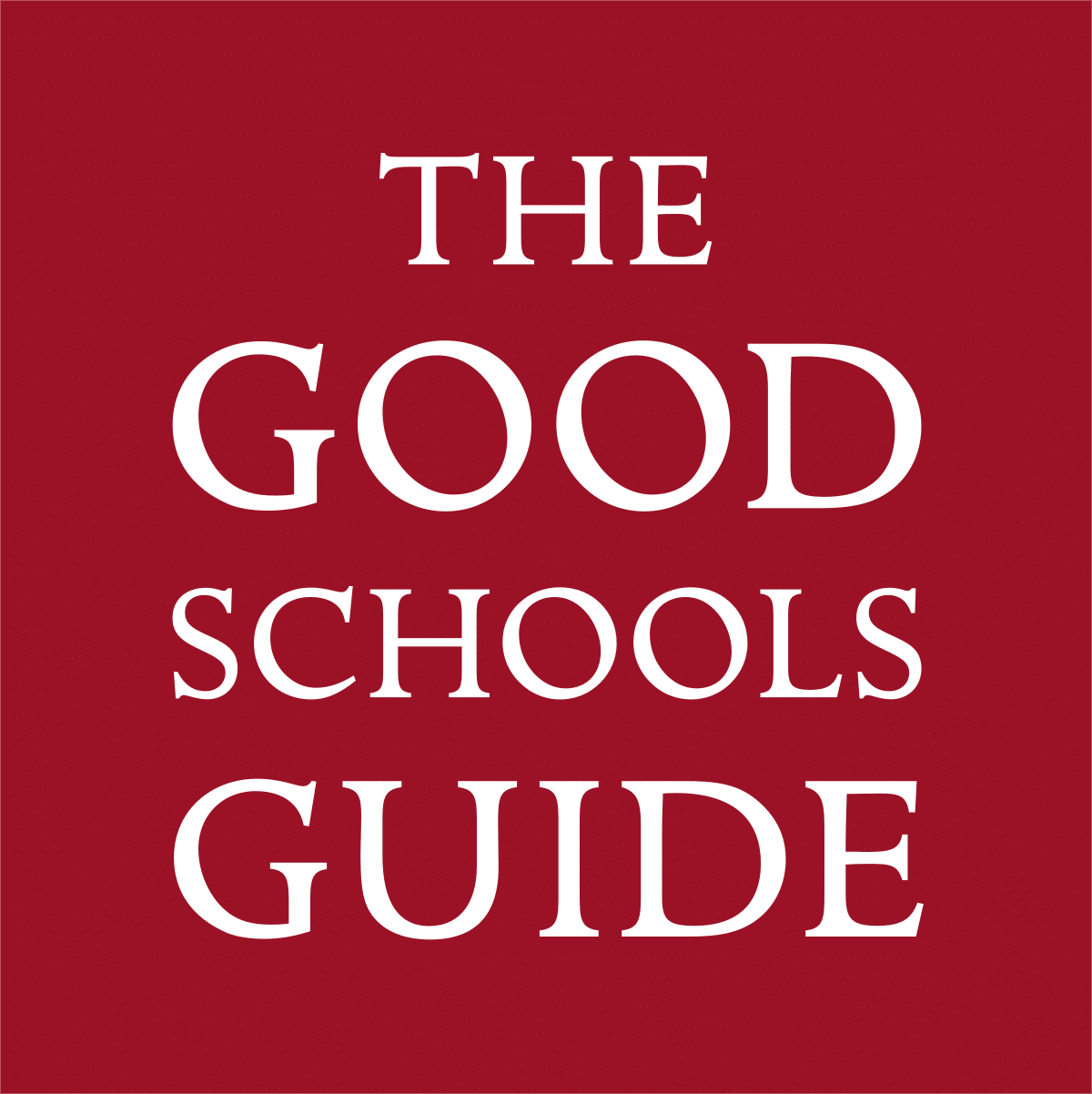Our current Edexcel IGCSE syllabus offers four units, examined over two papers with no coursework. The department staff includes two experienced History examiners.
Paper 1:
Germany: Development of Dictatorship, 1918-45, the establishment of the Weimar Republic and its early problems, the recovery of Germany 1924-29, the rise of Hitler and the Nazis to January 1933, Nazi Germany 1933-39, Germany and the occupied territories during the Second World War
A world divided: Superpower Relations 1943 – 1972, Reasons for the Cold War, early developments in the Cold War 1945 – 49, the Cold War in the 1950s, three crises: Berlin, Cuba and Czechoslovakia, the Thaw and moves towards Détente, 1963 – 1972
Paper 2:
The USA 1918 – 1941, Roaring Twenties, increased social tensions in the 1920s, USA in Depression 1929 – 1933, Roosevelt and the New Deal, 1933 – 1941, The Opposition to the New Deal.
The Changing Nature of Warfare and International Conflict 1919-2011, the changing nature of warfare 1919-39, changing methods of warfare by land, air and sea 1939–45, new forms of conflict – nuclear and guerrilla war versus conventional war 1945–75, conventional war and the development of ‘new’ wars 1976– 2000, changing methods of warfare at the beginning of the 21st century 2000–2011.
Anyone studying History will gain an excellent understanding of both the recent past and some of the issues we face today. Critical thinking and writing skills mean the subject complements multiple others, as well as forming a strong base for a variety of careers, from law to politics or journalism.
Departmental trips include the IWM and Duxford, along with international trips to eg Berlin and Poland.
Understanding the past is key in grasping the present, with amazing stories along the way. History is never dull, and a GCSE in it is never wasted.
Examination Board: Edexcel IGCSE
Specification: 4HI1
Dr Kirsten Thomson – Head of History & Politics
SENIOR SCHOOL













